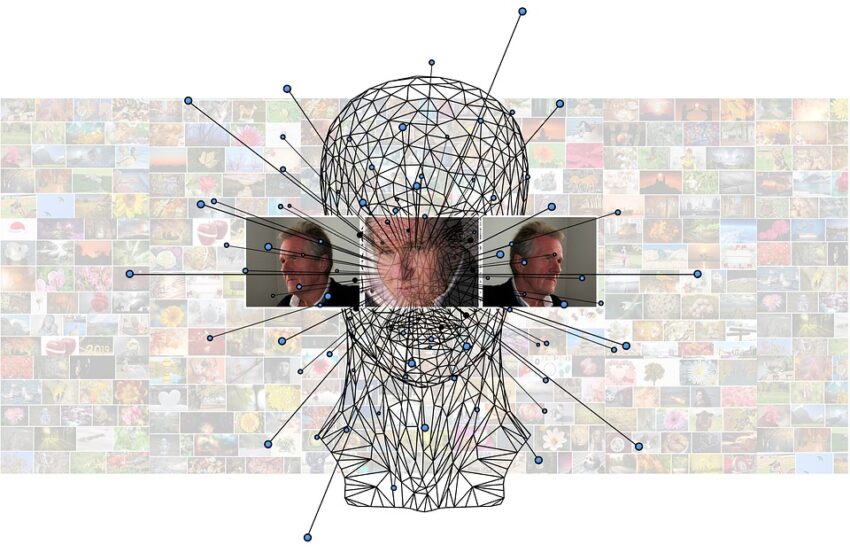AI and Finance: How Machine Learning is Shaping the Future of Banking and Investing

Artificial Intelligence (AI) and machine learning have revolutionized many industries in recent years, and finance is no exception. In fact, AI is increasingly shaping the future of banking and investing, transforming the way financial institutions operate and providing new opportunities for individuals to manage their finances.
One of the most significant impacts of AI in finance is the ability to streamline processes and make them more efficient. Machine learning algorithms can analyze massive amounts of data much faster and more accurately than humans, allowing banks to automate tasks such as credit scoring, fraud detection, and trade execution. This not only reduces the likelihood of human error but also saves time and resources for financial institutions.
AI is also playing a crucial role in personalized banking and investing services. By analyzing customer data and behavior, banks can offer personalized recommendations and advice to their clients, helping them make more informed decisions about their finances. For example, AI-powered chatbots can provide 24/7 customer support and guidance on investing strategies based on individual goals and risk tolerance.
Furthermore, AI is revolutionizing investment management through the use of robo-advisors. These automated platforms use machine learning algorithms to create and manage diversified investment portfolios for clients, often at a fraction of the cost of traditional financial advisors. This democratizes investing by making it more accessible to a broader range of individuals, regardless of their wealth or financial knowledge.
In addition to improving efficiency and customer service, AI is also helping financial institutions better manage risks. Machine learning algorithms can analyze market trends and identify potential risks and opportunities in real-time, allowing banks to make more informed decisions about their investments and lending practices. This helps reduce the likelihood of financial crises and improves the overall stability of the financial system.
Despite its many benefits, the use of AI in finance also raises concerns about data privacy and security. With the vast amounts of sensitive financial information being collected and analyzed, there is a need for robust cybersecurity measures to protect against potential breaches and cyber attacks. Additionally, there are ethical considerations about how AI is used in decision-making processes, particularly when it comes to issues such as bias and discrimination.
Overall, AI and machine learning are transforming the financial industry in profound ways, providing opportunities for innovation and improvement in banking and investing. As technology continues to evolve, it is essential for financial institutions to adapt and embrace the potential of AI to stay competitive in an increasingly digital world. By leveraging the power of AI, banks and investors can enhance their decision-making processes, improve customer experiences, and drive growth and profitability in the years to come.






